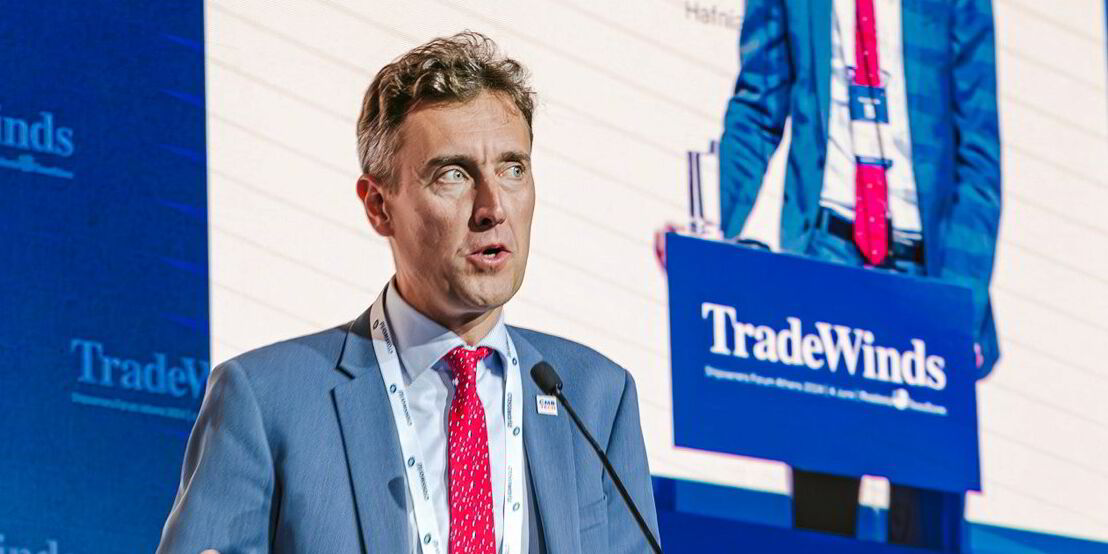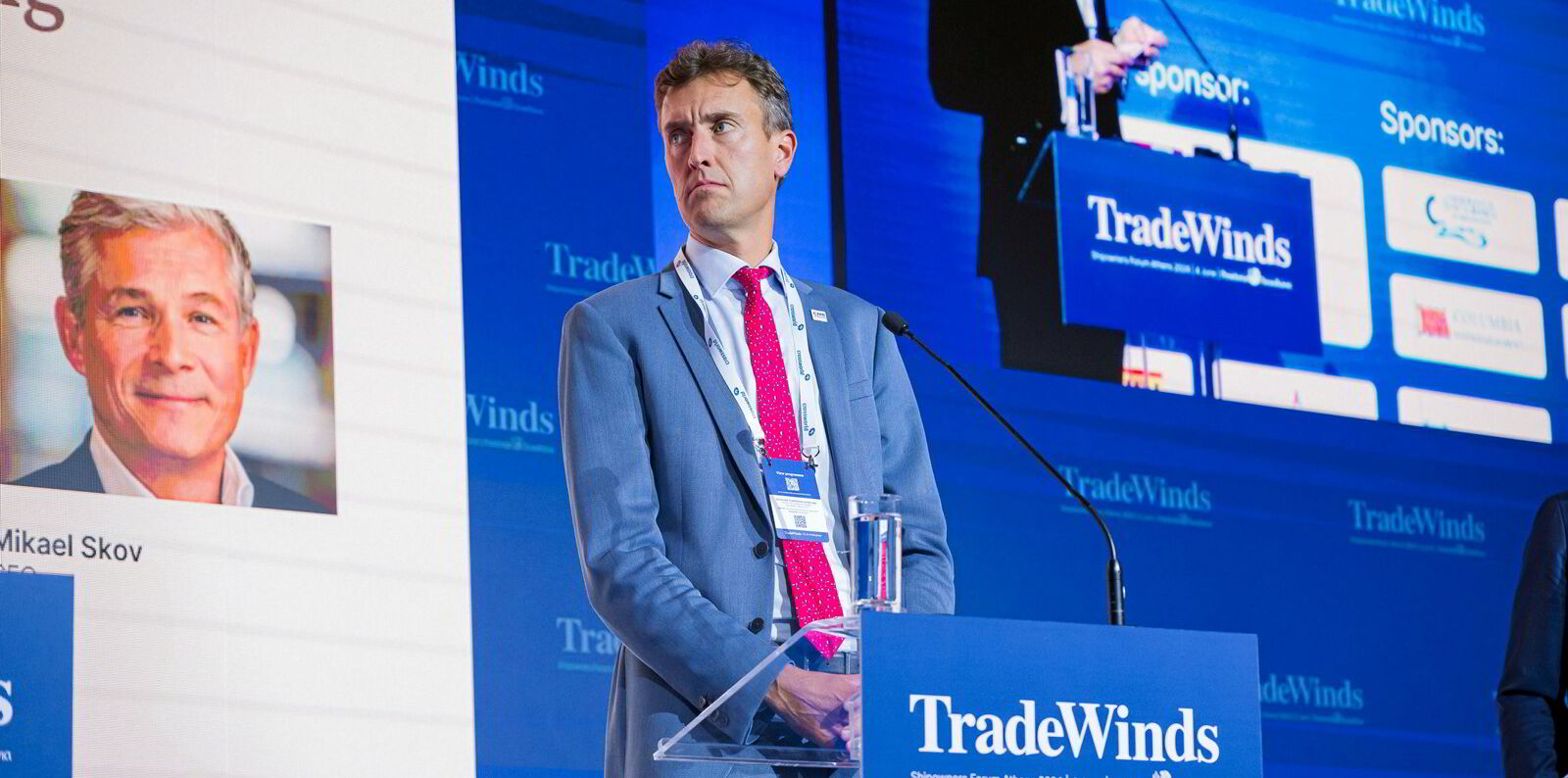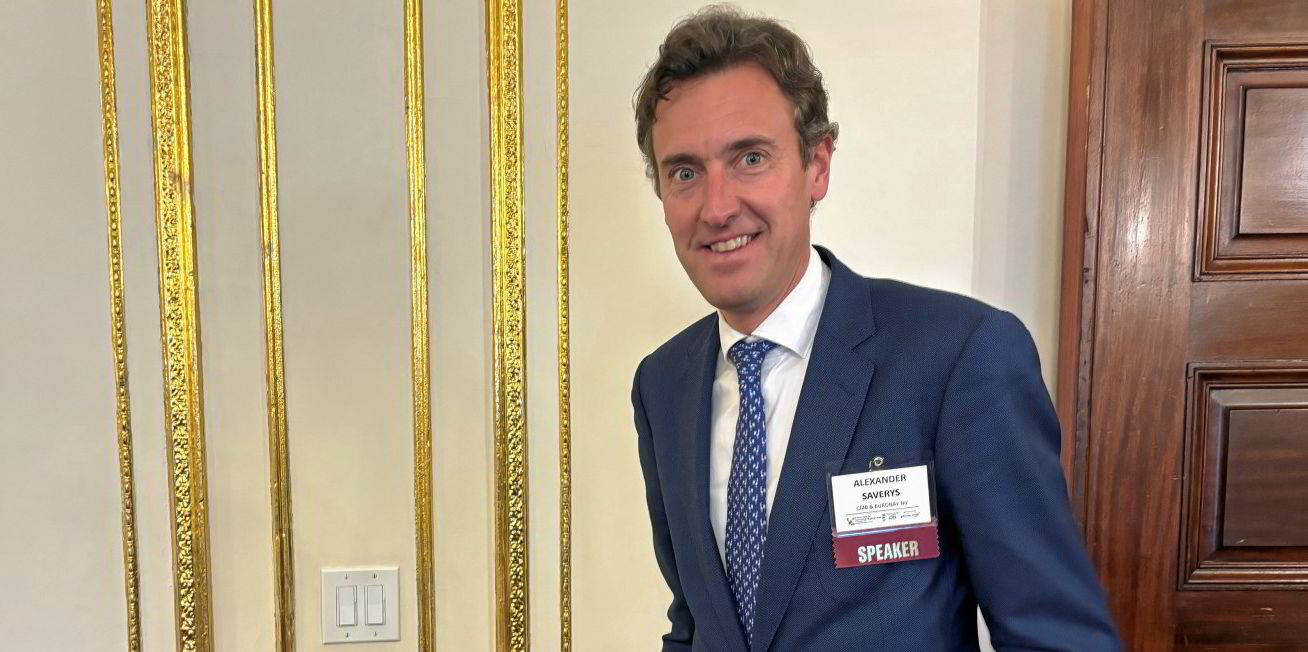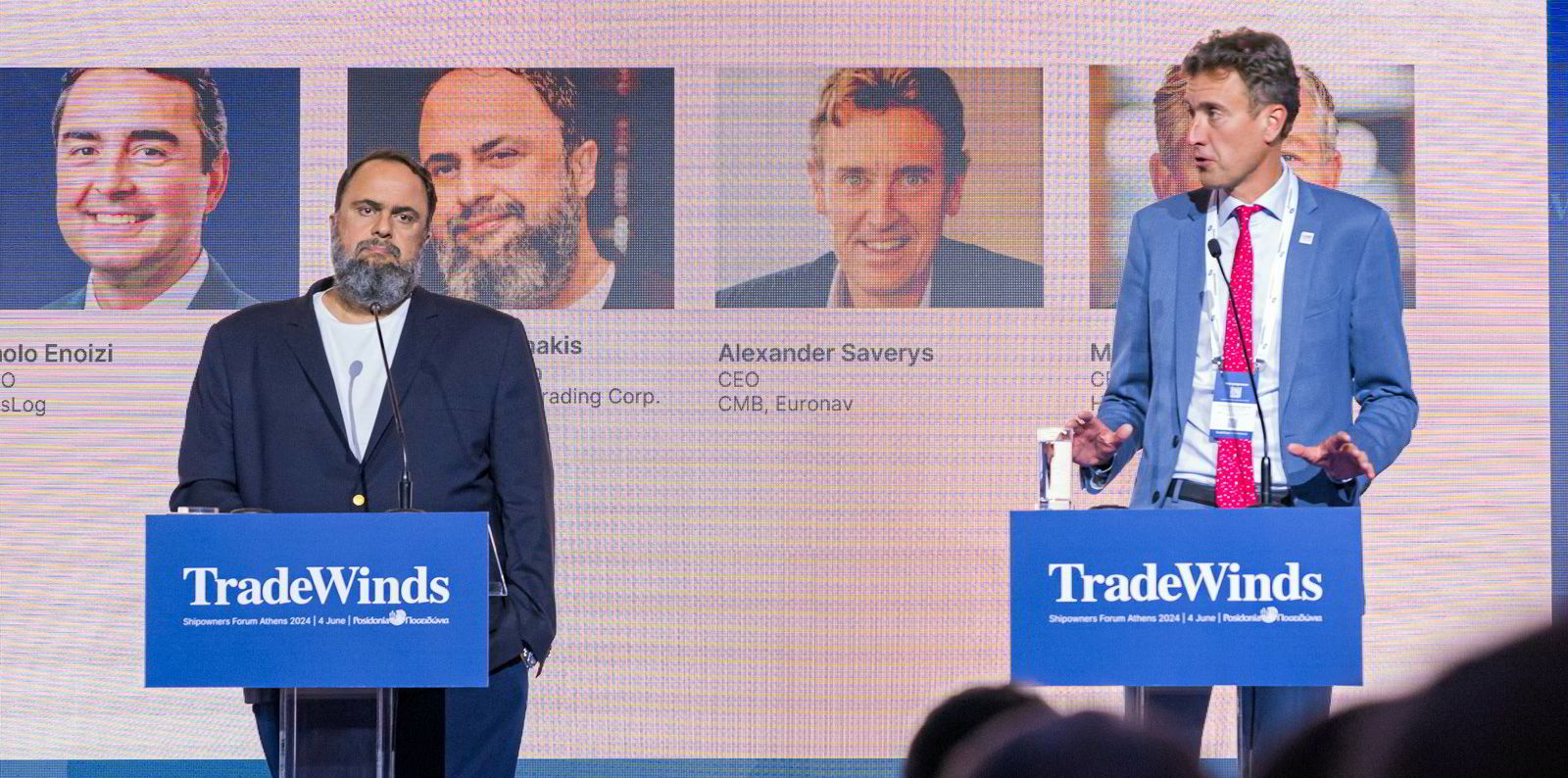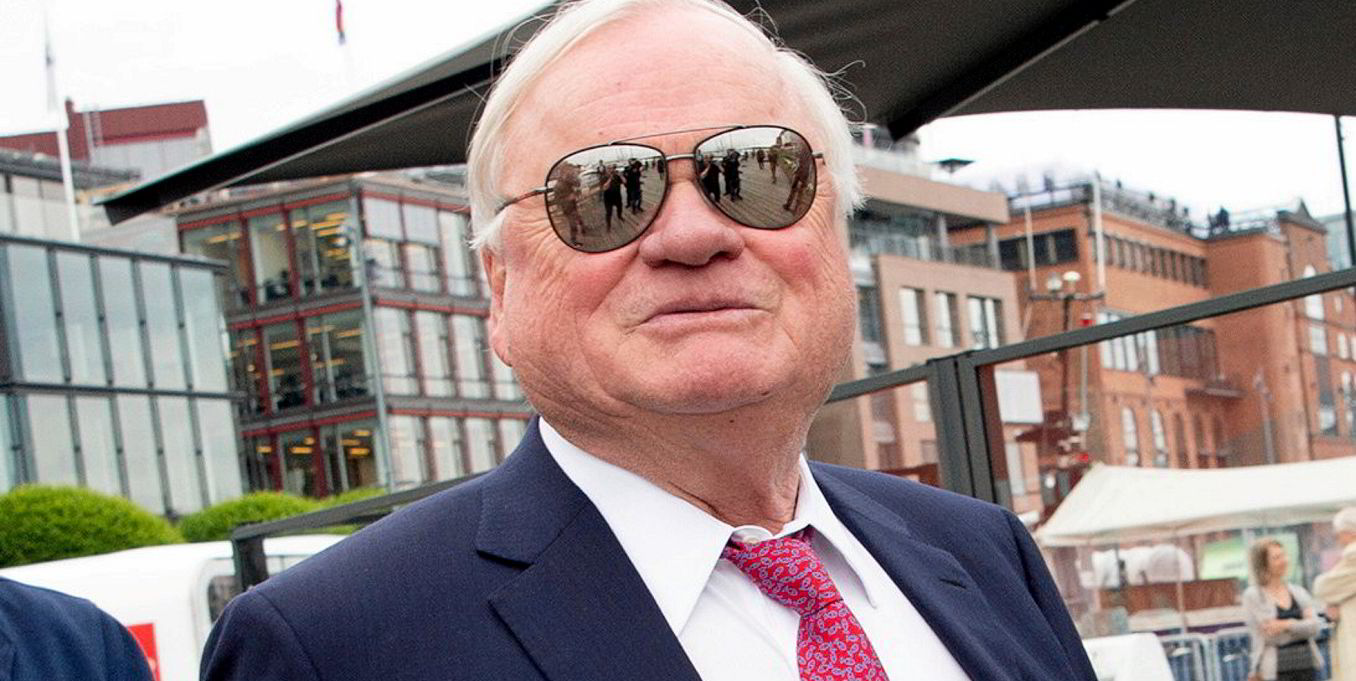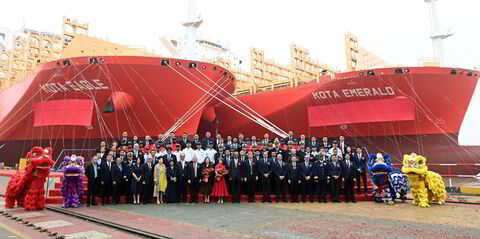Saverys family-backed tanker and bulker owner Euronav is changing its name after more than 25 years – finally ending a turbulent period in the company’s history.
The move is the culmination of a series of transactions that saw the Saverys family take control of the New York and Brussels-listed company last year following an 18-month battle with John Fredriksen for control of the firm.
The company will become CMB.Tech in October, following a vote by shareholders at a special general meeting in Antwerp.
While today’s move is something of a formality, the past few years have been everything but routine for what had become the crude tanker bellwether for US investors.
The Saverys clan bought Fredriksen’s stake in the company while selling 24 modern VLCCs to Frontline for $2.35bn.
Saverys and Fredriksen fought a very public fight for the company, which was ended only when the Norwegian-born tycoon put together the largest VLCC sale-and-purchase deal in history to break the deadlock in the final quarter last year.
Euronav then merged with the family’s low-carbon shipping company CMB.Tech in what the Saverys family have been branding the only investible green shipping vehicle.
Shareholders approved the name change from 1 October.
The stock ticker will change from EURN to CMBT on Euronext and the New York Stock Exchange from 15 July.
Euronav has also launched a website under the new name. The previous version has already been closed.
The Euronav name will continue to be used for the tanker division of CMB.Tech.
Euronav has its roots in tanker owner European Navigation Co, in the Isle of Man, and France’s Compagnie Nationale de Navigation (CNN), at that time a subsidiary of the Worms Group.
In 1995, European Navigation Co sold its vessels to Euronav Luxembourg to form a joint venture between CNN and the Saverys’ Compagnie Maritime Belge.
CMB acquires control
Two years later, CMB acquired CNN and transferred Euronav Luxembourg into the full ownership of CMB.
The Saverys family gradually relinquished their shareholding over the ensuing years but pumped money back in after Fredriksen became a major shareholder, blocking a merger between Euronav and Frontline.
Clarksons Securities last week advised investors to grab a piece of the Belgian company as tanker and bulker markets remain strong.
Despite much talk of fleet diversification and decarbonisation, it is tankers that remain central to profit, the investment bank argued.
Ebitda is projected at $689m this year, and $1bn in 2025, with 80% of this set to derive from tankers.
The company retains 19 VLCCs and 26 suezmaxes.
Clarksons also views the newcastlemax fleet acquired from CMB.Tech as the second most important part of the company.
This totals 28 vessels, including 21 newbuildings, representing 30% of capacity and 15% of the 2025 Ebitda.
Euronav completed a series of landmark transactions during its history, including a major deal with Peter Livanos shortly after the turn of the century.
Larger deals followed as Euronav appeared to take Frontline’s crown as the key public company in the big tanker market after its $1bn takeover of the Maersk VLCC fleet in 2014.
A takeover of Gener8 Maritime followed in a period where, under the leadership of Paddy Rodgers, Euronav branded itself as a reliable steward of capital in one of shipping’s most volatile markets.
Now shipowner Alexander Saverys admits the family has some work to do to win over investors around their plan for CMB.Tech.
There are questions about whether it will remain a public company given the relatively modest free float. However, Saverys ruled out an immediate delisting during an appearance at the TradeWinds Shipowners Forum at Posidonia this summer.
